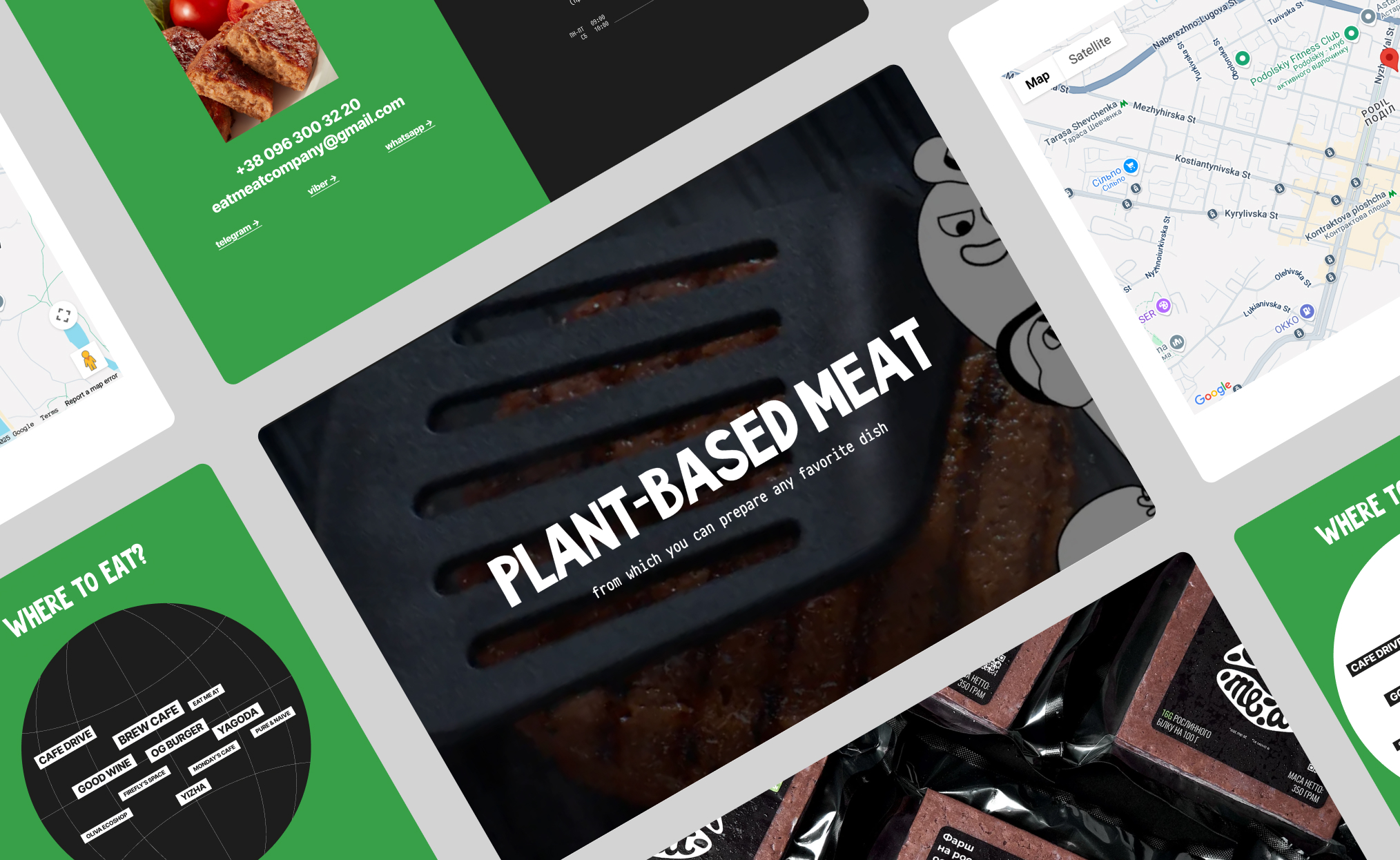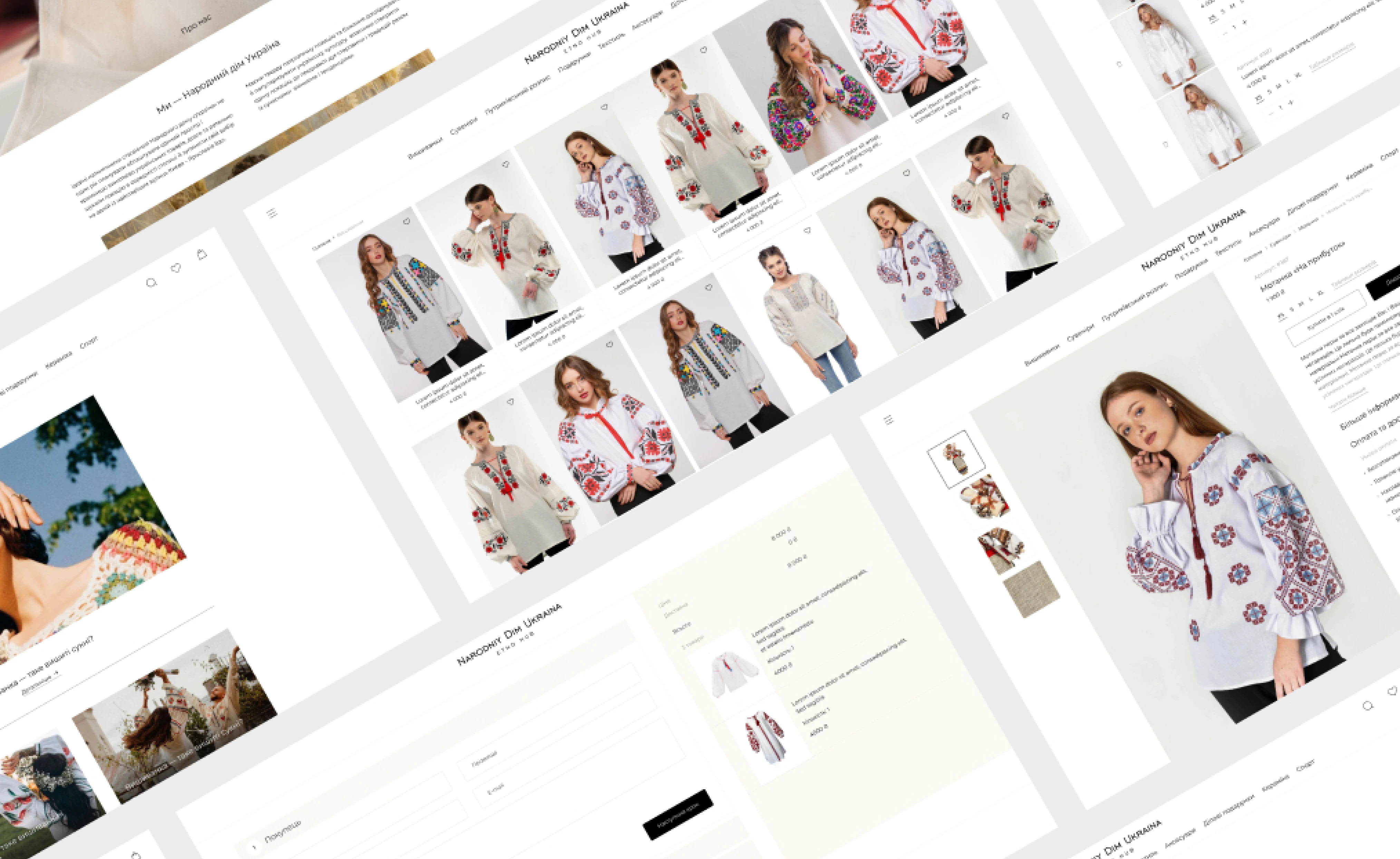Advantages of a custom CRM for logistics
Brands we work with
Solutions for different business stages
A quick start and a digital foundation for logistics
This is the right choice if you're ready to move away from Excel and disorganized workflows, start automating, and validate key hypotheses.
Benefits:
- Rapid deployment
- Seamless integration with existing workflows
- Minimal disruption to day-to-day operations
- Scalable, flexible architecture built for growth
A complete ecosystem for logistics management
Ideal if you're ready to digitize the entire logistics chain — from order entry to delivery — and integrate CRM across your entire company.
Benefits:
- Resilient architecture designed for high loads
- Full visibility and control over warehouse and customer operations in a single platform
- Accelerated processing speeds with reduced error rates
Problems a custom CRM logistics software solves
Free consultation that saves you budget and months of work!
Key CRM modules for logistics
The client 360° module
This module provides a complete overview of every customer or partner you work with. All important details are stored in one place — from contact information and current status to interaction history, invoices issued, and notes on preferences and needs. These relevant insights allow you to segment your customers by industry, location, account manager, period of collaboration, type of transportation used, and specific delivery requirements such as urgency or temperature control. The module also supports personalized customer outreach through automated emails for birthdays and partnership anniversaries, helping you strengthen relationships with thoughtful reminders.
The request management module
This module automates the entire process — from incoming requests via the website, email, or messenger to route planning and SLA tracking at every stage. The CRM logs all manager actions and provides insight into processing times, team workload, and operational bottlenecks. Your team works in one system-focused way, without switching between disjointed tools.
The delivery tracking module
This module synchronizes shipment status with GPS devices and mobile apps for drivers. We can integrate all the hardware you already use. Location, estimated time of arrival, delays, and route deviations are displayed in real time in the CRM and communicated via intelligent alerts.
The fleet management module
This module gives you control over your means of transportation. You receive a centralized vehicle database with live status, deployment plans, route histories, and fuel cost tracking. The system takes into account journeys, seasonality, load factors, and distances, helping you to optimize logistics and reduce operating costs.
The contractors module
This module stores detailed records for drivers and subcontractors, including contact information, medical certificates, licenses, documents, and travel history. It tracks the validity of certificates, simplifies assigning subcontractors to routes, and helps create shift schedules, freeing up your human resources and operations teams.
The automation engine module
This module enables rule-based actions triggered by system events. For example, if a parcel has not been scanned in the loading zone within two hours, the CRM creates a ticket, notifies the person responsible, and informs the customer. This reduces human error and stabilizes service delivery on a large scale — the more you automate, the smoother your logistics will run.
The incident management module
This module logs every issue — from damaged goods to delays and discrepancies — and routes tasks through the correct execution chain. Managers have full visibility of resolution status and deadlines and can use analytics to identify root causes and respond proactively via other CRM functions.
The accounting module
This module tracks all payments and supports integration with any payment provider you use. For complex cases, we build custom API integrations — even for services your current stack can’t connect to.
The financial module
This module shows outstanding balances, invoices, payment histories, and contracts in one place. Integration with your ERP and internal systems eliminates data silos, speeds up reconciliation and enables your team to respond quickly to payment issues — which is crucial for logistics companies.
The analytics module
This module provides insight into your team's workload, the percentage of delayed orders, average processing time, customer satisfaction, and the reasons for returns. Instead of managing employees manually, you manage performance based on data. With filters, dashboards, and custom exports, you have full control over reporting parameters — freight, orders, costs, fleet utilization, and team efficiency. All data is accessible on one screen in the format that suits you.
The customer module
This module allows your customers to view the status of their orders, invoices, and documents. They can reorder with one click, upload files, open support tickets, and contact your team—all without needing to make a phone call. This takes the pressure off your sales and support teams and strengthens customer loyalty at the same time.
Additional modules
Beyond the core features, CRM for logistics industry can include any custom functionality you need. Want to track the CO2 footprint per shipment? Calculate cargo by volume and weight along a route? An integration with BI tools or government registers? We design and build it, without the constraints of a software box.
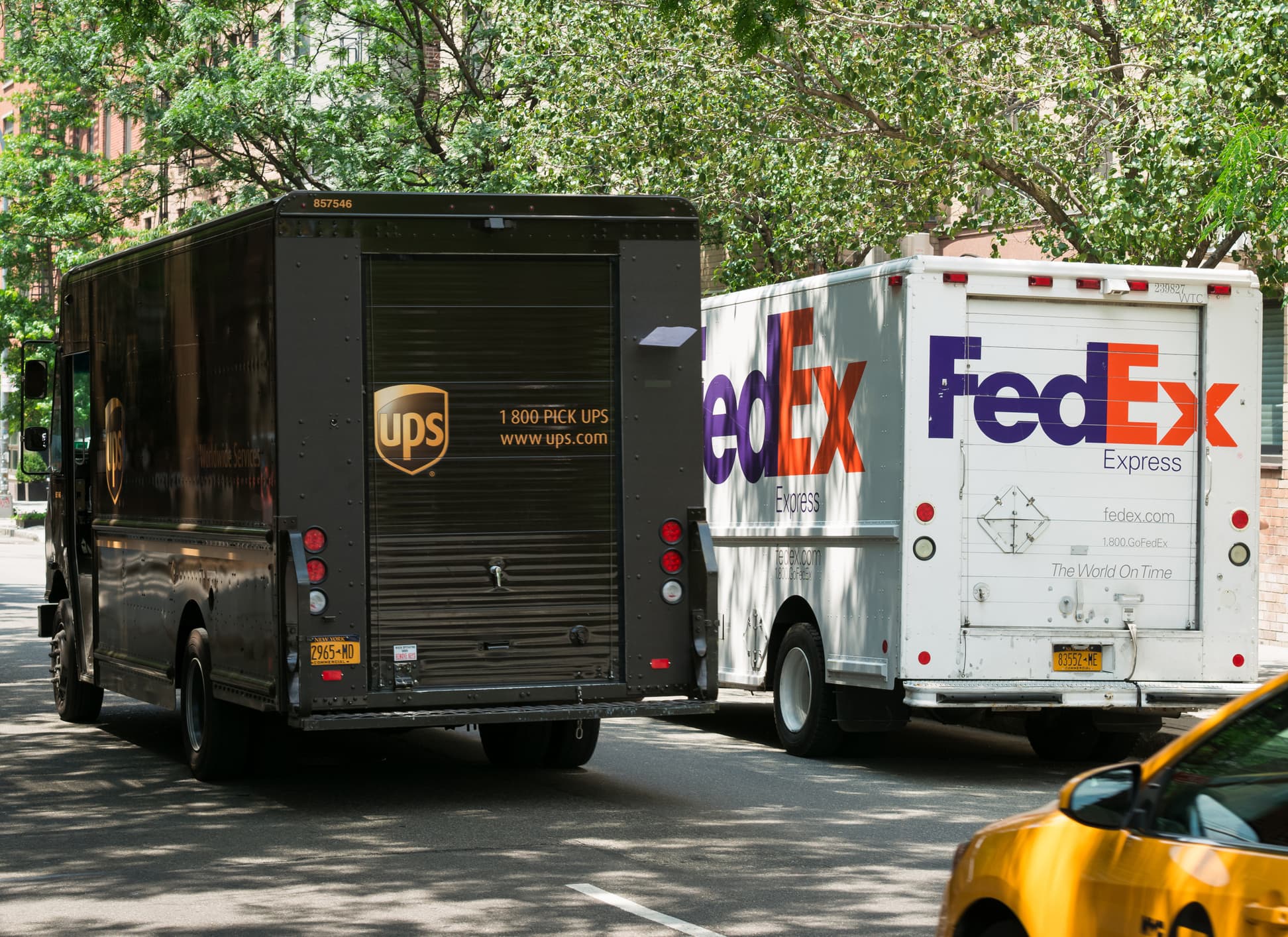
Integration with delivery services
With your customized CRM, you can:
- Automatically retrieve shipping rates via API.
- Generate tracking numbers and labels without having to switch to external platforms.
- Create customs documents and certifications (e.g., Toxic Substance Control Act, Drop Ball Test Certification).
- Transmit VAT data and other important information for cross-border shipments.
- Centralize control over status, tracking, and costing.
Why you should trust Asabix to build your logistics CRM?
They trust us
We use the best
Technologies in our work












Frequently Asked Questions
Off-the-shelf CRMs try to serve every type of business at once, which usually leads to an excess of features that slow everything down. You end up with a cluttered interface full of unused features, while the tools you need are missing or difficult to implement.
A customized logistics CRM softwareis specifically tailored to your workflows — your routes, statuses, request handling logic, documentation, and team roles. Your team works in a clean, predictable system that scales with you. New features and integrations can be easily added without impacting performance.
Yes, absolutely. We create full RESTful APIs that connect your CRM with marketplaces, your website, WMS, ERP, payment systems, and geolocation tools. Your CRM for supply chain management is no longer a standalone island — it becomes the central hub for your entire logistics ecosystem.
Our CRM can process orders, status, routes, journeys, documents, KPIs, fuel costs, financial data, customer data, and reports. We develop the database architecture according to your specific CRM supply chain requirements, so you can create reports, filter data sets, and build analysis models — without sacrificing speed.
Yes, by default, the web app is fully responsive and works on any device. However, if you need your mobile app, we can create one. Drivers see their tasks, routes, status updates, and log delivery events — all in a user-friendly interface. The app stays synchronized with your admin area in real time, so dispatchers have full control over every delivery.
That depends on how your company is structured. If you manage orders, shipments, stock, and customers all at once, — you need a CRM with comprehensive functions. A TMS (Transport Management System) may be more effective if you already operate your own fleet and manage deliveries. It is designed to automate route planning, driver management, fuel consumption, schedules, and vehicle utilization control. If your main goal is to optimize storage, movement, and inventory tracking in a warehouse, — a WMS (Warehouse Management System), which focuses specifically on internal warehouse logistics, is the right choice.
However, a comprehensive CRM for transport company will provide the most significant benefit if your company handles warehousing, transportation, customer service, and document flow simultaneously. It can unify all processes into a single ecosystem with delivery APIs, GPS tracking, ERP, and payment service integrations.
We can help you assess your current situation and deliver a system tailored to your exact needs—whether it’s a CRM, WMS, TMS, or a customized combination.
Yes — we can create an MVP tailored to your priorities. Start with core functions such as order management and routing, and gradually add features like analytics, financial modules, regional management, or customer portals. We can integrate GPS, ERP, VoIP, accounting, email, and SMS notifications — anything your business needs.
That means you get precisely what you need today, without having to spend too much money on features that are just” for the fall. And you always have the opportunity to grow as your processes evolve
Know your costs. A tailored CRM software for logistics gives you real-time control over every shipment, every client, and every route. Book a free consultation and see the difference.


















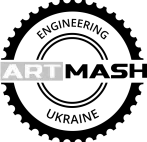








.jpg)










.webp)
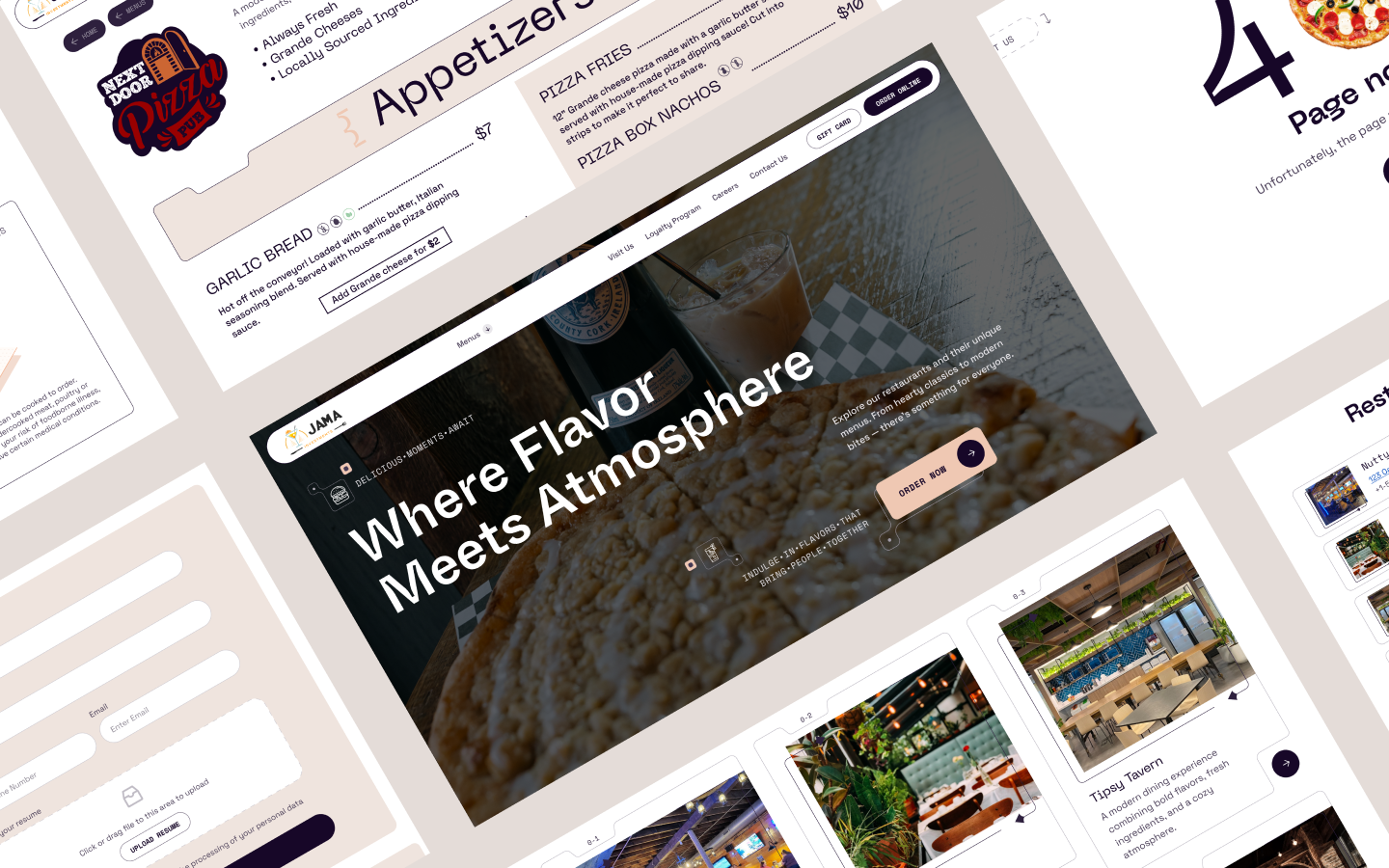
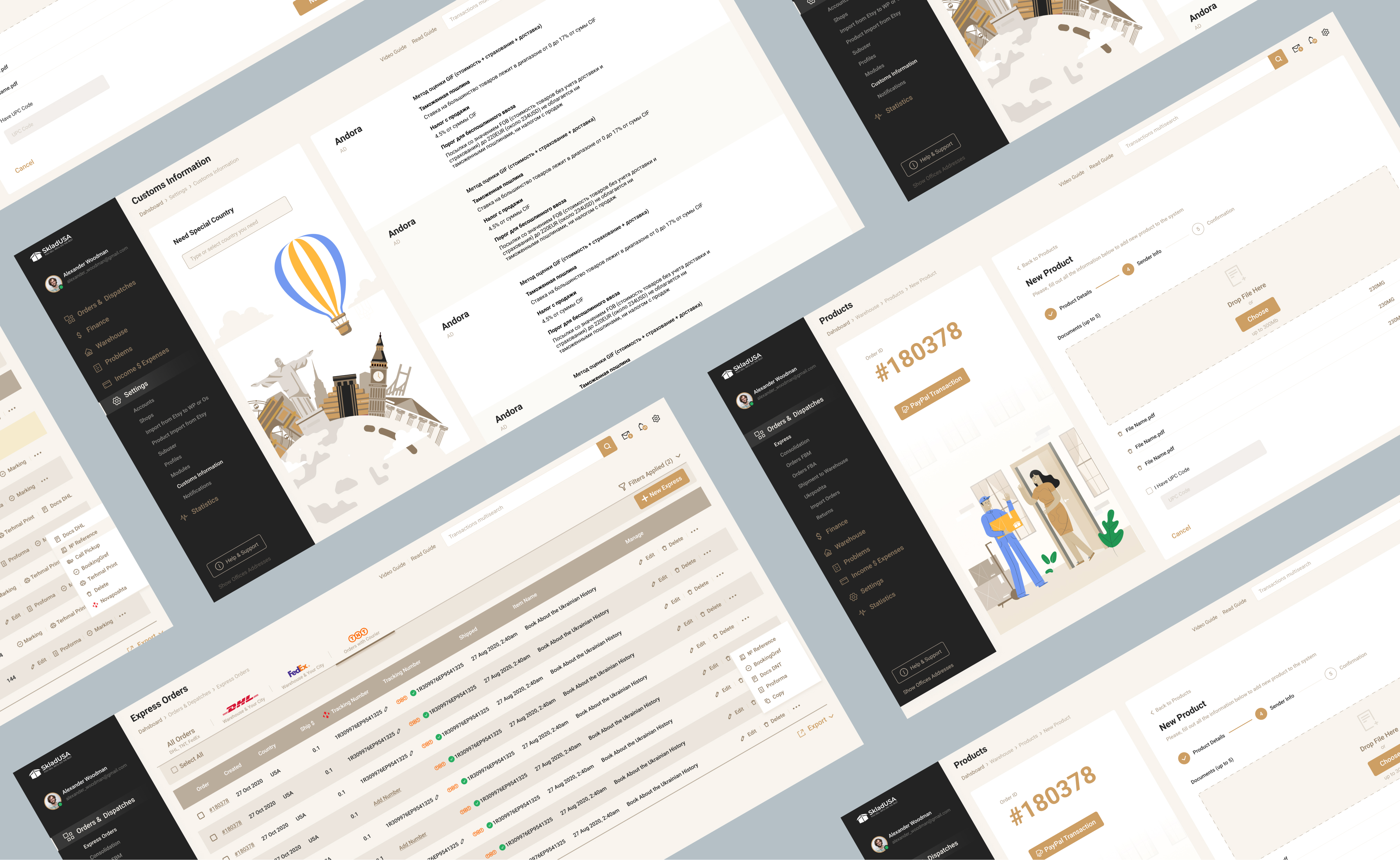
.webp)
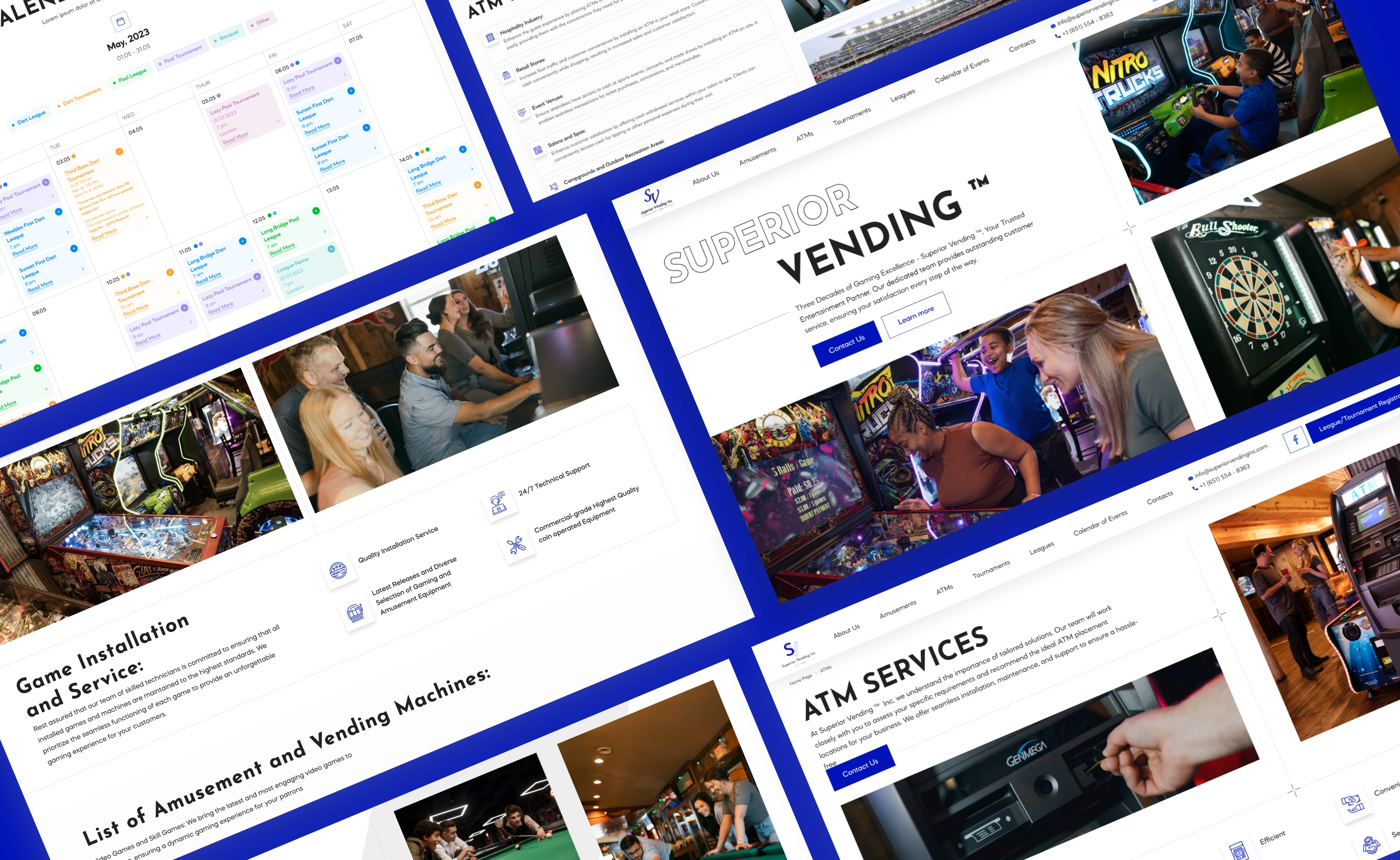
.webp)
.jpg)
.webp)
-(1).jpg)

.jpg)
